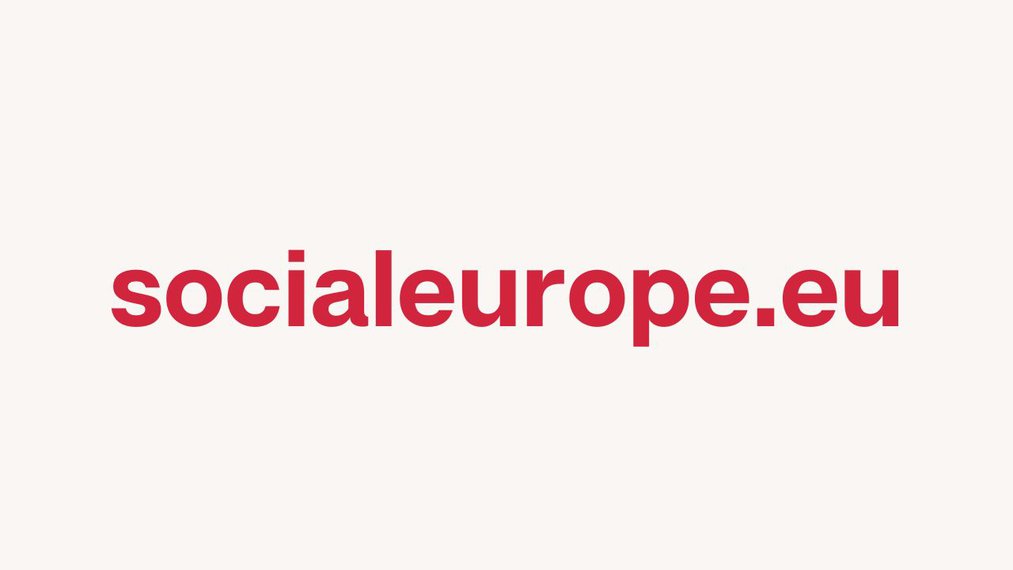
The Euro And Schengen: Common Flaws And Common Solutions
What do the Euro and Schengen have in common? Both are projects that have the same flaw: they’re unfinished business. And therefore they risk falling

What do the Euro and Schengen have in common? Both are projects that have the same flaw: they’re unfinished business. And therefore they risk falling

The Greek drama has entered its endgame. The Greek government has to repay loans to the IMF and other public institutions in the near future

The Greek debt crisis that erupted in 2010 is back and again threatens the stability of the Eurozone. That crisis was the result of two

Slow growth in the Eurozone has become endemic since the start of the sovereign debt crisis in 2010. This is made very clear in Figure

Despite having a positive effect on the economic situation within the Eurozone, the European Central Bank’s Outright Monetary Transactions (OMT) program has proved controversial, with